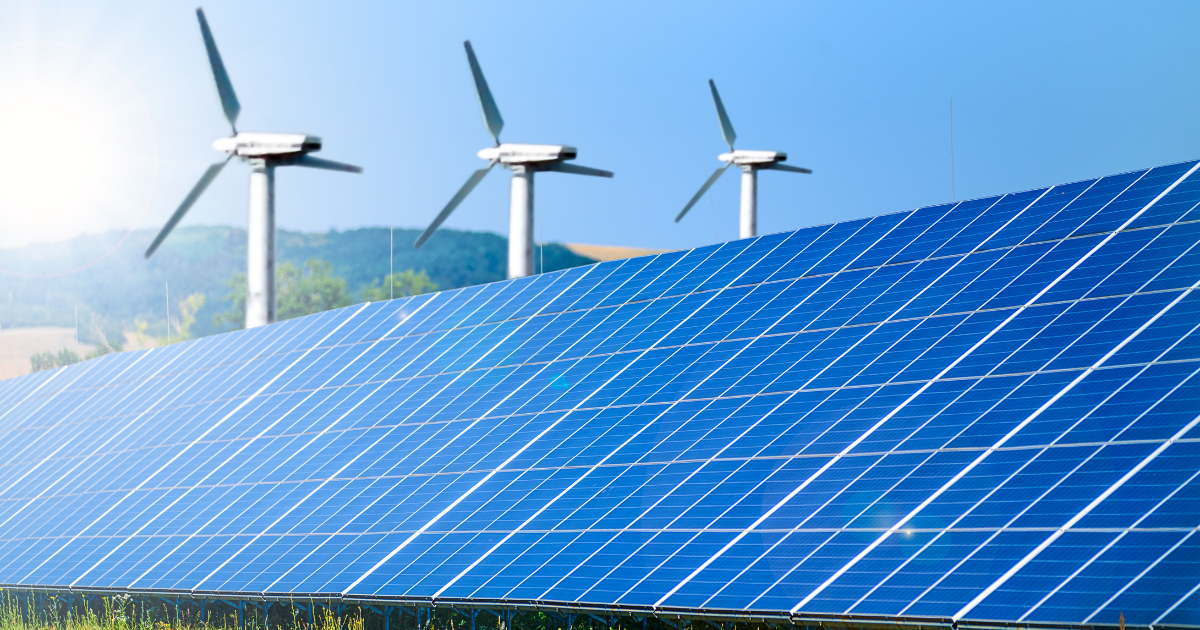

Montenegro has unveiled the Draft Renewable Energy Act as a significant step towards rapid renewable energy development. The legislation introduces several innovations, including auctions for premiums and feed-in tariffs, to boost the country’s green energy sector.
The Ministry of Mining and Energy has organized a trio of round-table discussions in Podgorica, focusing on the Draft. This reflects Montenegro’s efforts to meet the requirements of the Energy Community, particularly in implementing the EU’s Renewable Energy Directive.
Indeed, the Draft Renewable Energy Act sets an ambitious target of achieving a 50% share of renewable energy by 2030. This target aligns with the EU directive and represents a significant leap towards a sustainable energy future.
The draft law covers various aspects of renewable energy usage. It outlines financial support mechanisms for electricity generated from renewable sources and addresses the role of prosumers in the energy market. Additionally, the legislation focuses on using renewable energy in sectors like heating, cooling, and transportation while ensuring the authenticity of energy sources.
In addition, a noteworthy feature of this legislation is establishing criteria for sustainability and reducing greenhouse gas emissions in biofuels, bioliquids, and biomass-derived fuels.
The government of Montenegro is creating a three-year incentive plan for market premiums and feed-in tariffs. This will accordingly influence the setting of annual quotas, technologies, and capacities. The Energy and Water Regulatory Agency of Montenegro (REGAGEN) will set the price ceiling for auctions under the new Act. As envisaged, the premiums and feed-in tariffs could be awarded for the entire or partial capacity of a facility.
Montenegro is above all handling the procedure with urgency as it seeks access to EU funds and favorable World Bank loans.